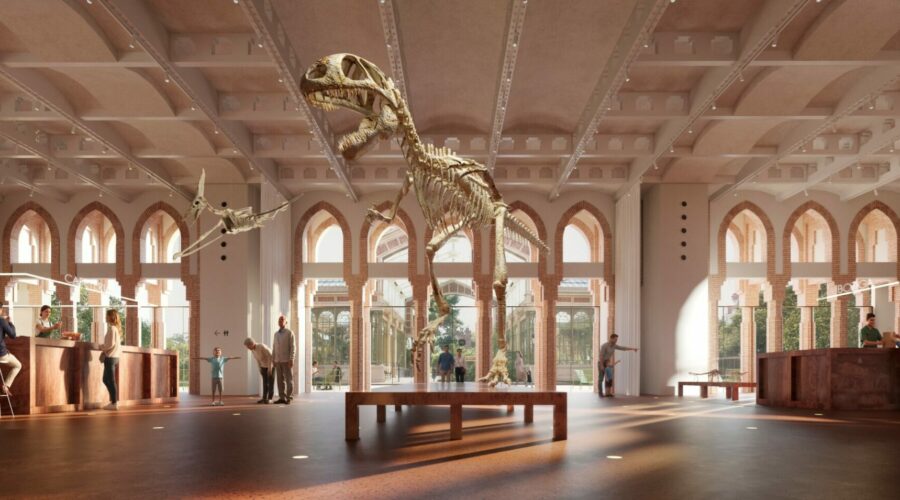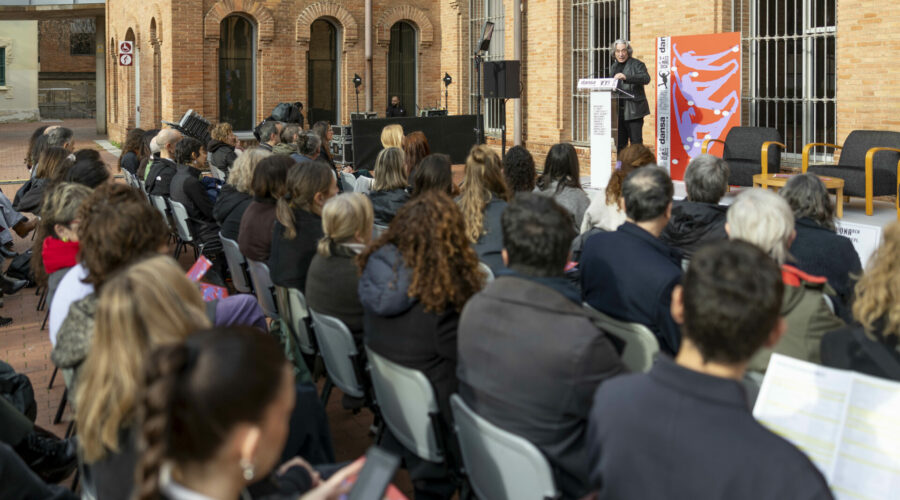
In order to speed up the recovery of ICU patients and, in turn, reduce costs for the institution, the Parc Taulí University Hospital in Sabadell has been using virtual reality and Artificial Intelligence (AI) to achieve this.
The technology applied by the hospital has been developed by the Barcelona-based company Eodyne Systems together with the Universitat Pompeu Fabra, UPF.
It is a technology that allows the use of AI and virtual reality to accelerate the recovery of patients in the ICU.
Through software, patients are able to do exercises with their arms while in bed, in order to reduce the possible cognitive sequelae they may develop due to their hospitalization in the ICU.
The hospital has already applied this technology for the first time in 20 critical patients, reducing their stay by an average of 1.3 days per patient and making it more pleasant.
Technology for ICU patient recovery with virtual reality
The system is equipped with a computer vision camera, which detects the patient’s arm movements.
They are then replicated on a screen where personalized exercises aimed at working on attention, memory and mobility are proposed.
In this way, the hospitalized person can solve gamified problems, such as pointing to flowers in the same order as a bee or touching fish of a specific color.
All of this is set in an attractive and natural environment such as the countryside or the beach, in order to reduce the stress that can be experienced in an ICU.
The development of this technology was supported by 70,000 euros from Acció.
With that, Eodyne Systems upgraded its virtual reality prototype by running tests on about 70 critically ill patients.
The company seeks to commercialize the product starting in 2025.
The applications of this technology
In these test phases, Eodyne Systems initiated the development of its virtual reality and AI system applied to patients who had suffered a stroke (interruption of blood circulation to the brain), seeking to accelerate their recovery.
As they progressed, they applied the device in more health centers, which allowed them to identify other needs, including the need for early recovery of patients in the ICU.
They also found that the technology could also be used by patients at home as a result of Covid.
The company is currently advancing the adaptation to cell phones and personal computers.
They are also adapting the system to help patients with cerebral palsy and head trauma, as well as developing a new device for patients with chronic pain.
In the future, they will seek to work with patients with dementia and Alzheimer’s disease.



